hugoklico Deja un comentario Editar
The AIA Gold Medals
Texto en español https://onlybook.es/blog/las-medallas-de-oro-de-la-aia-instituto-americano-de-arquitectos/
«This translation from Spanish (the original text) to English is not professional. I used Google Translate, so there may be linguistic errors, which I ask you to overlook. I have often been asked to share my texts in English, so I decided to make an attempt. I appreciate your patience, and if you see anything that can be improved and would like to let me know, I would be grateful. Here are the lines I have written in the meantime, with all their imperfections». Hugo Kliczkowski Juritz
The AIA Gold Medal is awarded by the American Institute of Architects (AIA).
It is awarded “by the AIA National Committee of Directors in recognition of significant work of lasting influence on the theory and practice of architecture.”

The Octagon House became the headquarters of the American Institute of Architects (AIA) on January 1, 1899.
The Octagon House in Washington, D.C., was built between 1789 and 1800, owned by the American Institute of Architects, and originally belonged to Colonel John Tayloe.
After the White House was burned by the British in the War of 1812, (the Anglo-American War of 1812), the Octagon became the temporary home of President James Madison and his wife Dolley, (Madison was the 4th President of the USA -from 1809 to 1817).
During the Civil War it was a makeshift hospital. Madison used the circular room above the entrance as a study, and there he signed the Treaty of Ghent that ended the War of 1812 that pitted the United States against the United Kingdom and its Canadian colonies. (1)
The Octagon House, was designed by physician, inventor, painter and architect William Thornton (1759 – 1828) responsible among other works for the U.S. Capitol.

For clarification, the title FAIA, short for Fellow of the American Institute of Architects, is an honorary title awarded by the American Institute of Architects (AIA) to eminent architects who have been elected to the Institute’s College of Fellows. The honor distinguishes architects who have made significant contributions to the architectural profession. Less than 2% of the nearly 72,000 U.S. architects are members of the College of Fellows.
List of AIA Gold Medal recipients
1907 Sir Aston Webb (1849 – 1930), United Kingdom

Relevant works: Main entrance to the Victoria and Albert Museum (1891/1909); The new buildings of Christ’s Hospital in Horsham, Sussex (1893-1902); Redesign of the Main Façade of Buckingham Palace (1913).


1909 Charles Follen McKim FAIA (1847–1909), EEUU

Relevant works: Boston Public Library (1887); Columbia University’s Morningside Heights campus (1893); New York Penn Station (1904/1910).


1911 George Browne Post FAIA (1837–1913), EEUU

During his lifetime, he came to be referred to as “the dean of American architects” and “the father of the tall building in New York.”
Notable works: Brooklyn Historical Society, New York (1878/1881); New York Stock Exchange Building No. 4 (1903); Wisconsin State Capitol, Madison (1917); plus private commissions such as Biltmore, The Breakers and Marble House.


1914 Jean Louis Pascal (1837–1920), Francia

Relevant works: Oval Room, National Library of France (1897/1932); Père Lachaise Cemetery; School of Medicine and Pharmacy, Victory Square, Bordeaux (1888).


1922 Víctor-Alexandre-Frédéric Laloux (1850 – 1937), Francia

Relevant works: The former Orsay station (1898 – 1914); The basilica of Saint-Martin de Tours (1886 -1924); The Tours station; Roubaix Town Hall (1907-1911), with architectural sculptures by Cordonnier.


1923 Henry Bacon (1866–1924), EEUU

Worked in the firm of McKim, Mead & White (AIA 1909).
Relevant works: Halle Brothers Department Store, Cleveland (1910 – 1914); Lincoln Memorial, Washington (1912 – 1922); Union Square Savings Bank, New York (1918).


1925 Bertram Grosvenor Goodhue (1869–1924), EEUU

Several artists and craftsmen, such as sculptor Lee Lawrie and muralist Hildreth Meire, collaborated in its neo-gothic and neo-colonial Spanish architecture.
Relevant works:


1925 Sir Edwin Landseer Lutyens (1869–1944), Reino Unido

Relevant works: Liverpool Metropolitan Cathedral (1933); Hyderabad House (1926/1928); Presidential Palace New Delhi -Rashtrapati Bhavan- (1929/31).


1927 Howard Van Doren Shaw (1869–1926), EEUU
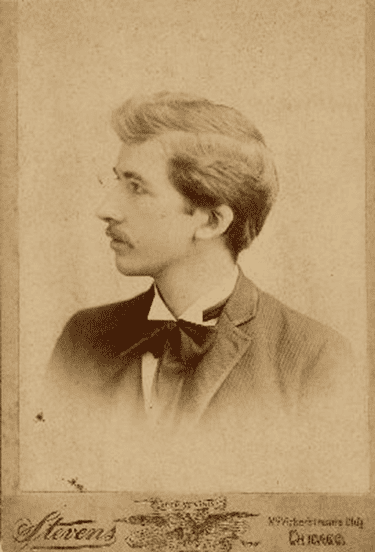
Relevant works: Market Square (1916); Lakeside Printing Press Building (1901); Ragdale (1897).


1929 Milton Bennett Medary (1874–1929), EEUU

Notable works: Washington Memorial Chapel (1921), interior; Fidelity Mutual Life Insurance Company Building in Philadelphia (1926/1928); Bok Singing Tower (1927/1929), Lake Wales, Florida; The Ruth and Raymond G. Perelman Building , (was the Fidelity Mutual Life Insurance Company building), is an annex to the Philadelphia Museum of Art.


1933 Ragnar Östberg (1866–1945), Suecia
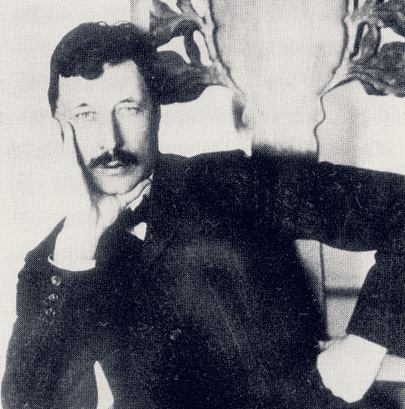
Relevant works: Stockholm City Hall (1909/1923) inspired by 16th century Swedish architecture integrating harmoniously, classical, medieval and romantic forms; Aschanska villan, Umeå (1906); Riksbron National Bridge (1930).


1938 Paul Philippe Cret (1876–1945), Francia, EEUU
Relevant works: Detroit Institute of Arts (1885); Folger Shakespeare Library (1932); Main Building, University of Texas, Austin (1934/1937); Cincinnati Union Terminal in Ohio (1933).
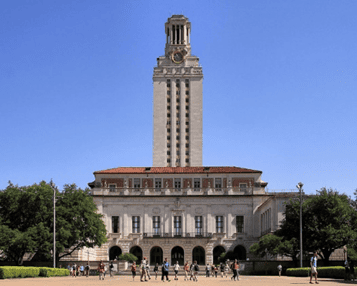
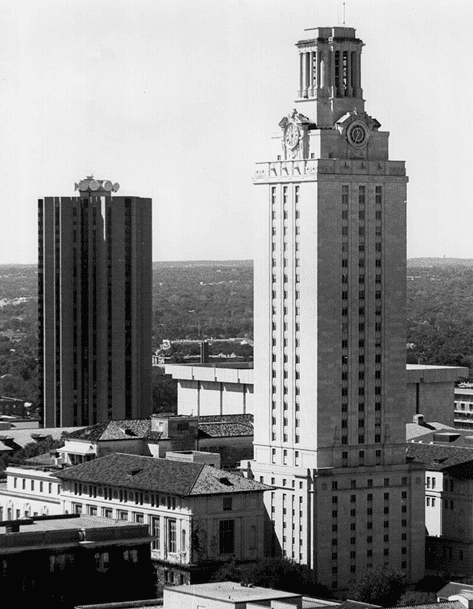
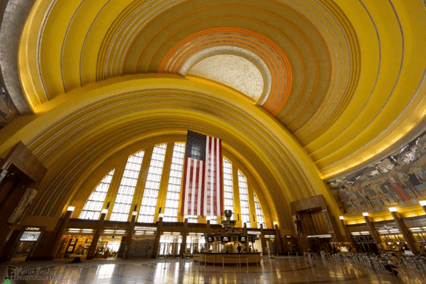
1944 Louis Sullivan (1856–1924), EEUU

See https://onlybook.es/blog/la-escuela-de-chicago-3-arq-louis-h-sullivan-su-vida/
Obras relevantes: Auditorio de Chicago (1889); Wainwright Building, St. Louis (1890); Guaranty Building (anteriormente Prudential Building) Buffalo (1894); National Farmer’s Security Bank, Owatonna, Minnesota (1908).



See https://onlybook.es/blog/wright-brenham-sullivan/
Notes
1
La Guerra de 1812 o la guerra anglo-estadounidense se desarrolló entre 1812 y 1815. Incluyó a los aborígenes nativos de varias tribus en el contexto de la supervivencia indígena ante la conquista del territorio por uno u otro de los demás bandos.
Los enfrentamientos se dieron por tierra y por mar. La guerra tuvo lugar en momentos en que el Reino Unido de Gran Bretaña e Irlanda soportaban un gran esfuerzo de guerra contra la Francia Napoleónica
Continued in https://onlybook.es/blog/las-medallas-de-oro-de-la-aia-instituto-americano-de-arquitectos-2nda-parte/
——————-
Our Blog has been read more than 1,300,000 times.
http://onlybook.es/blog/nuestro-blog-ha-superado-el-millon-de-lecturas/

Arq. Hugo Alberto Kliczkowski Juritz
Onlybook.es/blog
Hugoklico.blogspot.com

Salvemos al Parador Ariston de su ruina
http://onlybook.es/blog/el-parador-ariston-
Entry Navigation
Previous entry A walk through Yale University, Paul Rudolph, Louis Kahn, Eero Saarinen, Gordon Bunshaft. 6th partNext entryA walk through Yale University, Paul Rudolph, Louis Kahn, Eero Saarinen, Gordon Bunshaft. 7th part and end.